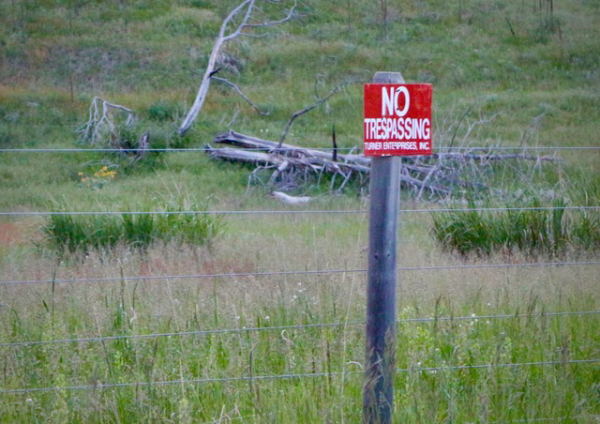U.S. Supreme Court to Hear E-Fairness Cas

The U.S. Supreme Court has agreed to hear a case that could determine whether or not states can collect sales tax on remote sales.
Last year, the South Dakota Supreme Court ruled that a 2016 law requiring out-of-state internet retailers to collect sales tax violates a 1992 U.S. Supreme Court decision that said retailers are not required to collect sales tax in states where they do not have a physical presence.
The state appealed the decision and the case now moves to the U.S. Supreme Court. Justice Anthony Kennedy has suggested that, given the recent growth of internet sales, it is time for the Supreme Court to revisit the 1992 decision.
“E-fairness is a top priority for OIA,” said Rich Harper, OIA’s manager of international trade. “It is important to ensure that retailers have the same opportunities to compete, regardless of channel.”
Brick-and-mortar outdoor retailers have been at a competitive disadvantage against remote sellers who do not always collect sales tax. Outdoor Industry Association has strongly supported e-fairness legislation such as the Marketplace Fairness Act (S. 976) and the Remote Transaction Parity Act (HR 2193) to level the playing field for all retailers in the industry, regardless of channel. Those bills do not create new taxes or increase existing taxes – they simply authorize states to enforce their own sales tax laws on all retailers equally, regardless of channel. While the U.S. Supreme Court considers the South Dakota law, it is critical that Congress acts now to pass e-fairness legislation and solve this issue now.
You can learn more about e-fairness issues at www.efairness.org. Please contact me with any questions and to find out how you can get involved.





